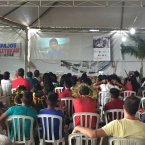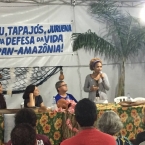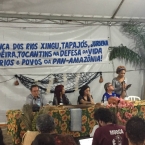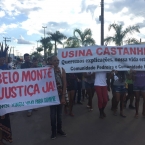From the Field: A Trip to the Amazon's Juruena River Festival
During the last week of October, the third Festival Vivo Juruena took place in the city of Juara, in the northwest of Mato Grosso, Brazil.
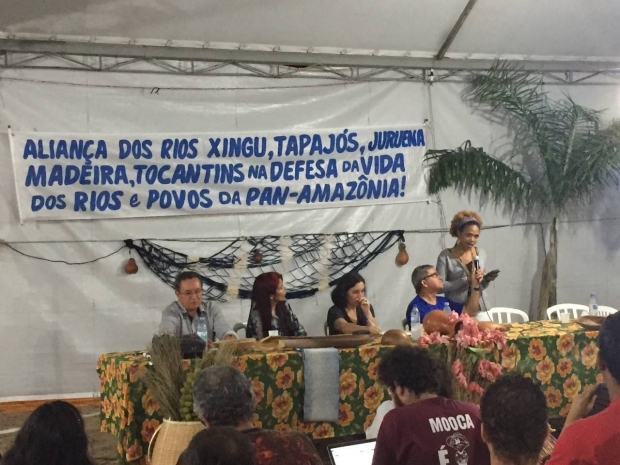
The festival, organized by OPAN (Operação Amazônia Nativa) and other members of Vivo Juruena Network, celebrates the remarkable cultural and environmental diversity of the region. This year's event included an array of representatives from various indigenous groups in Mato Grosso and Pará, including the Manoki, Nambikwara, Myky, Rikbatsa, Munduruku and Apiaká, among others. Other attendees included family farmers, environmental groups, academics, prosecutors and other local citizens.
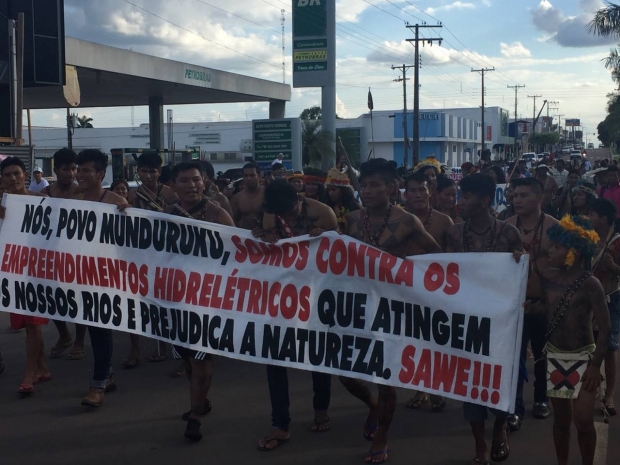
The event aimed to promote debate on threats to the territories and livelihoods of local communities, and boost popular participation in the decision-making processes to ensure respect for human rights and strengthen sustainability. In addition to thematic panels and debates, the festival featured a series of demonstrations and cultural performances.
Dams were high on the festival's agenda. Festival-goers discussed the unprecedented number of dams planned by the government and large contractors for the Juruena River and its tributaries: 28 large hydroelectric plants (HPPs) and about 80 smaller dams (SHP).
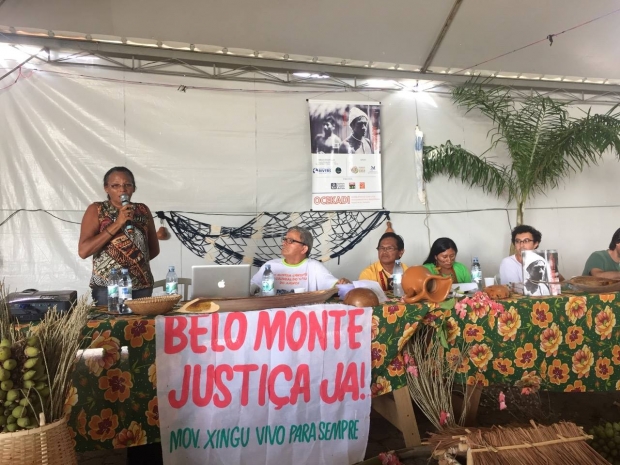
On Friday, October 28, we organized a pre-screening of the film "Belo Monte: After the Flood." The screening resonated deeply with festival attendees. Raimunda Silva of the Movimiento Xingu Vivo (and one of the characters in the film) participated in the debate after the screening. Raimunda and other members of the Movimiento Xingu Vivo had traveled more than 30 hours from Altamira to Juara to alert the local population about the real consequences and false promises of hydroelectric projects in the Amazon. Along with “Belo Monte: After the Flood,” festival-goers were also impressed with another documentary video, "The Complex," which detailed the effects of four large dams on the Teles Pires River, which, along with the Juruena River, forms the Rio Tapajós.
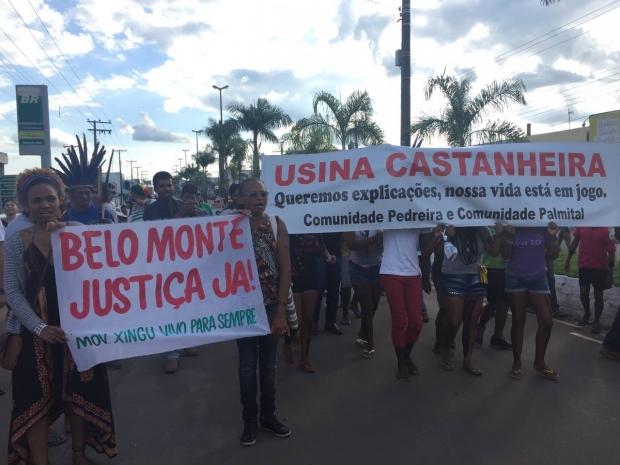
As Daniela Silva of Movimiento Xingu Vivo said: "You have to report what happened in Altamira: a crime legitimized by the Brazilian government, a crime that violates the rights of indigenous and riverine populations."
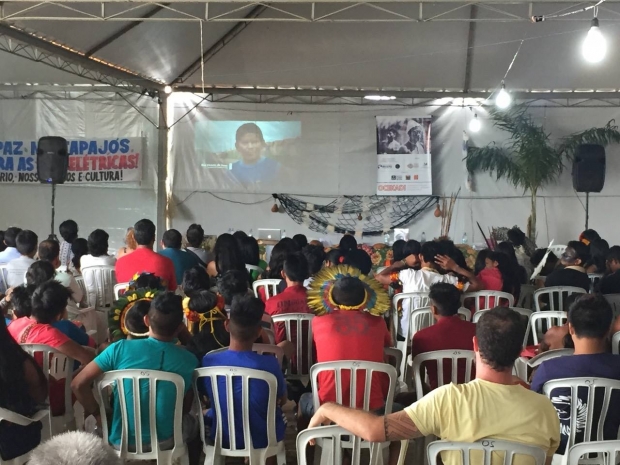
Along with the film screening, we launched the book OCEKADI: Hydropower, Social and Environmental Conflict and Resistance in the Tapajós Basin, co-published by International Rivers and Federal University of Western Pará (UFOPA), in partnership with OPAN, Instituto Centro de Vida - ICV, Socio-Environmental Institute - ISA and Environmental Fund CASA.



